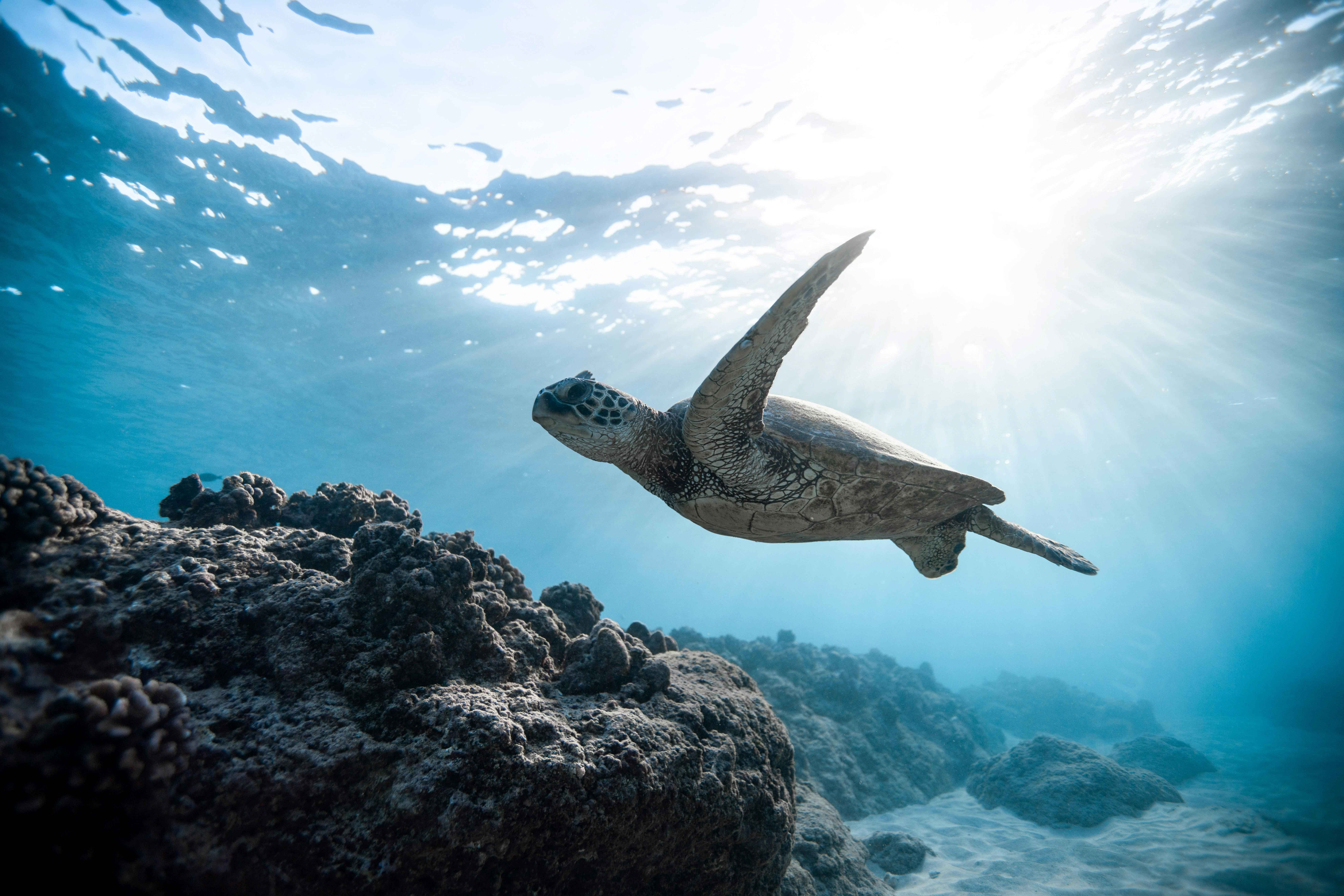During the Our Ocean 2024 International Conference, organized in Athens on 15-16-17 April, Italy committed to promoting, within the framework of the G7 Presidency, a political declaration that would allow the objective of entry into force to be achieved rapid implementation of the global Biodiversity Beyond National Jurisdiction (BBNJ) agreement, known in Italy as the High Seas Treaty, approved on 19 June 2023; therefore to agree and define the terms of a joint effort by Canada, France, Germany, Japan, Italy, the United Kingdom, the United States, and the European Union to bring the Treaty of the High Seas (BBNJ) into force by the third United Nations Ocean Conference scheduled for Nice in June 2025.
This means that not only will the 27 member countries of the European Union plus Canada, Japan, the United Kingdom and the United States have one year to ratify the Agreement, but also that it will be necessary to encourage and support over 20 countries in the ratification process.
Certainly an important challenge that the Italian Agency for Development Cooperation had in some way anticipated and to which it was preparing to contribute. In fact, an intervention plan to support Partner Countries in the ratification process has been defined and shared with the foreign AICS offices which, on this basis, have started discussions with the relevant Governments.
AICS is also preparing to support Partner Countries and International Institutions, first of all, in full understanding of the scope of the Treaty, in terms not only of obligations but also of benefits, considering the numerous opportunities offered by it. The Treaty on the High Seas, in particular, promotes for the first time a procedure for the establishment of large-scale marine protected areas on the high seas. This facilitates achievement of the Treaty’s goal of conserving and effectively managing 30% of land and sea by 2030, agreed in December 2022 as part of the Kunming-Montreal Global Biodiversity Framework. Furthermore, it also establishes the sharing of benefits arising from marine genetic resources and contains clear rules for conducting environmental impact assessments before human activities take place in high seas areas. It also includes capacity building and the transfer of marine technologies between the Contracting Parties, as well as a solid governance structure that ensures the necessary technical-scientific support and coordination at the international level.
The Our Ocean Conferences were first launched at the initiative of the US Department of State and Secretary of State John Kerry in 2014, with the aim of bridging the then-existing gap in global ocean governance.
In 2015, the adoption of the United Nations Sustainable Development Goals (SDGs) in the context of the 2030 Agenda for Sustainable Development (2012), and in particular the adoption of SDG 14 (“conserve and sustainably use oceans, seas and marine resources for sustainable development”) on “life under water”, represented a fundamental milestone in recognizing that healthy oceans and seas are essential for our existence and that conservation and sustainable use of oceans, seas and marine resources are of fundamental importance to guarantee the three dimensions – environmental, social and economic – of sustainable development.
The Our Ocean Conference has become a comprehensive forum for dialogue bringing together Governments, Intergovernmental Organizations, academia, the private sector and Non-Governmental Organizations (NGOs) who share a common vision for ocean protection and act to support this vision.
In Athens the topics addressed concerned sustainable fishing, sustainable tourism in coastal areas and islands, the reduction of marine pollution from plastic and microplastic, the decarbonisation of maritime transport and the green and ecosystem-based transition in the Mediterranean.
AICS has long been active on the issues of sustainable fishing, the protection and conservation of marine resources as a vehicle for development, sustainable tourism and the role of women and young people in better management of marine resources. This involvement, in addition to relaunching the Italian commitment to safeguarding the seas at a global level, lays the foundations for an expansion of the types of initiatives by the Italian Cooperation, with an increasingly integrated and intersectoral approach in the management of the issues addressed.
For further informations about AICS’efforts on these issues:
Other useful links:
